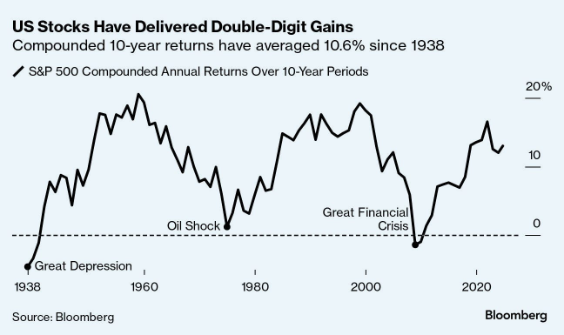Divine grace is essential, but without strategy and effort, it may not yield the desired results. Discover how to balance faith and action to achieve your goals.
Christian faith emphasizes the importance of divine grace. But is grace alone enough to achieve success? This article explores the need to combine grace with strategy and effort for a full and productive life, refuting the idea that faith dispenses with action.
###Grace Does Not Replace Effort:
We often see people attributing responsibilities to the "grace of God," almost as a way of shirking action. The truth is that grace is not synonymous with passivity. It empowers us, gives us strength and potential, but requires us to work to transform that potential into reality. Salvation, yes, is a gift of grace. However, building a prosperous life requires dedication, planning, and action.
The idea that it is enough to "plant a financial seed" and wait for grace to do the rest is a misinterpretation. As the apostle Paul himself said: "Faith without works is dead" (James 2:26). Grace is the fuel, but the engine needs to run. Without action, grace remains inert.
###The Productivity Formula: Grace + Effort + Strategy:
To illustrate the relationship between grace and action, we can use the following formula:
P = (G x E x S⁴) / C
Where:
- P: Productivity
- G: Grace
- E: Effort
- S⁴: Seriousness, Strategy, Structure, Sustainability
- C: Constraints
Note that if the effort (E) is zero, the productivity (P) will also be zero, regardless of the amount of grace (G) present. Just as Isaac, who reaped a hundredfold because he sowed diligently (Genesis 26:12), our results are proportional to our efforts.
The formula also highlights the importance of the "4S's" of strategy:
- Seriousness: Approaching life and its challenges with commitment and dedication.
- Strategy: Planning and executing actions intelligently and efficiently.
- Structure: Creating systems and routines that sustain long-term progress.
- Sustainability: Ensuring that actions are lasting and resilient to challenges.
In addition, we must consider the constraints (C). These may be personal, financial, or circumstantial limitations that impact our productivity. Identifying them and developing strategies to overcome them is crucial for success.
###Taking Responsibility:
Responsibility is fundamental to Christian life. God grants us free will and the ability to act, and expects us to use these gifts wisely. Grace does not exempt us from responsibility; on the contrary, it empowers us to take control of our lives and build a prosperous future.
Therefore, stop making excuses for inaction. Grace is abundant, but it requires our active participation. Combine faith with work, prayer with planning, and hope with action. In this way, you can experience the true fullness of the Christian life and achieve your goals with God's help.
###Conclusion:
Grace is a divine gift, but not a shortcut to success. For grace to manifest in our lives, we need to act with effort, strategy, and responsibility. Faith and action must go hand in hand. By combining divine grace with a well-defined plan and the willingness to work, we can achieve our goals and live a full and productive life, glorifying God in all we do. Reflect on how you have applied grace in your life and how you can improve your strategies to achieve your goals.


